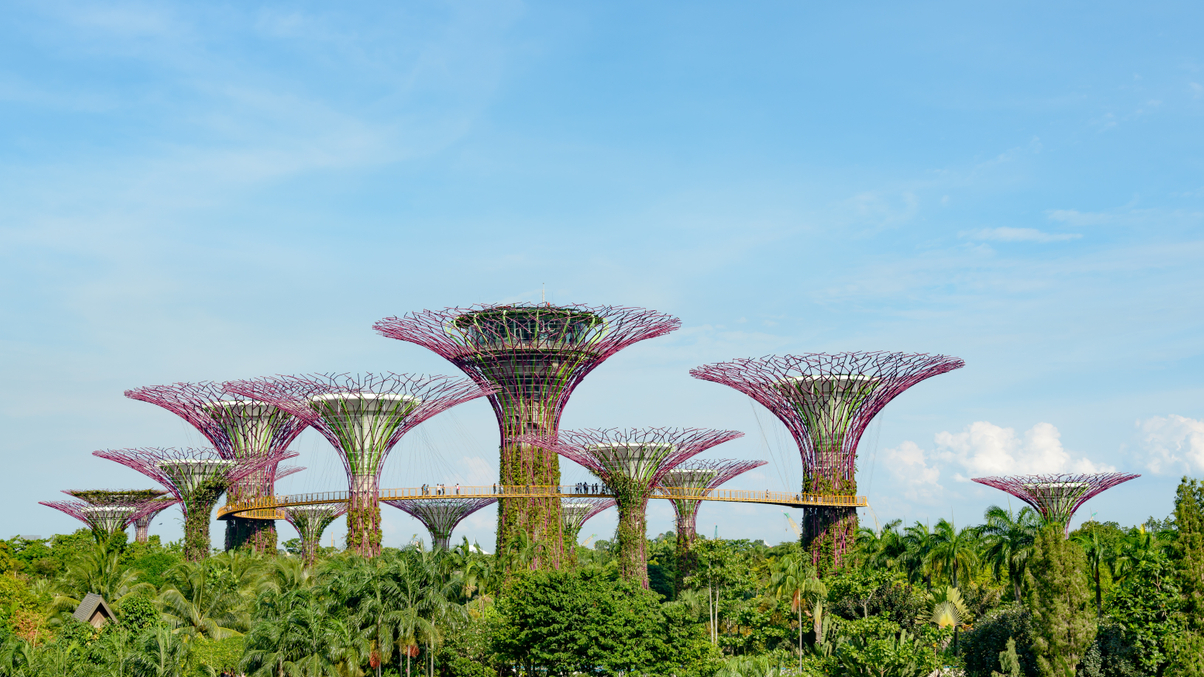Singapore issues longest-tenor sovereign green bond
The 50-year bond is the first of its kind, and a strong response reflects institutional demand.

The Monetary Authority of Singapore (MAS) issued a 50-year bond priced at a 3.04% yield, the central bank announced on Thursday (August 4), marking the longest-tenor green bond issued by a sovereign.
Sign in to read on!
Registered users get 2 free articles in 30 days.
Subscribers have full unlimited access to AsianInvestor
Not signed up? New users get 2 free articles per month, plus a 7-day unlimited free trial.
¬ Haymarket Media Limited. All rights reserved.


